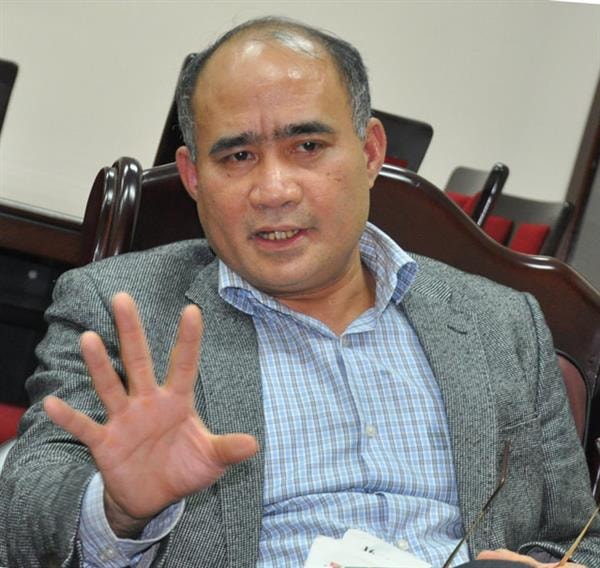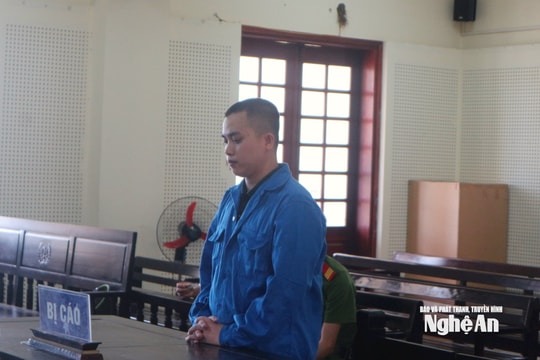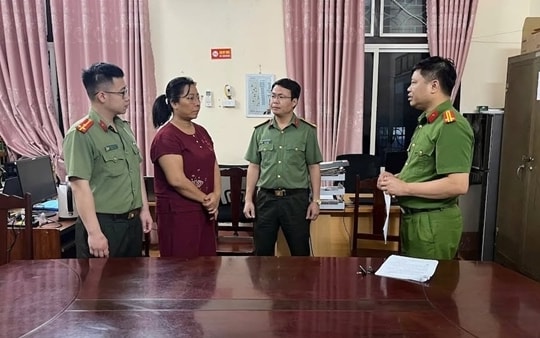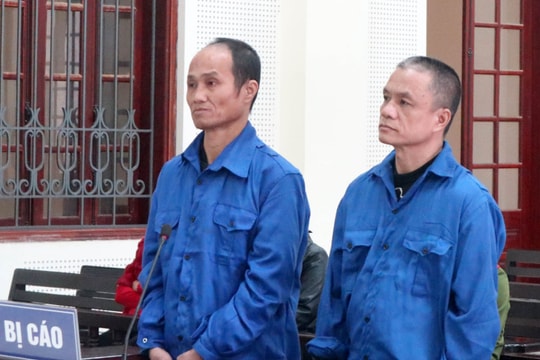Controlling banned substances: Thailand took 6-7 years, Vietnam only took 6-7 months
Speaking to the press on the sidelines of the workshop “Management of banned substances in livestock farming and issues raised” held on the morning of April 25, Mr. Nguyen Van Viet, Chief Inspector of the Ministry of Agriculture and Rural Development, affirmed that up to now, banned substances used in livestock farming have been basically controlled, and it is expected that by the end of the year, the goal of “eliminating” banned substances can be completely achieved.
 |
Mr. Nguyen Van Viet, Chief Inspector of the Ministry of Agriculture and Rural Development |
How do you evaluate the inspection and control of the import of Salbutamol (lean growth enhancer) in recent times?
About 5 or 10 years ago, the use of banned substances in livestock farming was quite common. However, inspections and checks were mainly based on pre-planned plans, and violations were mainly detected at the level of warnings, so the effectiveness was not high.
In the past 6 months, when the Minister of Agriculture and Rural Development gave specific instructions and carried out a peak period of action, the use of banned substances in livestock farming has had many changes and has been basically controlled.
Regarding the supply of Salbutamol, according to the data of the Department of Environmental Crime Prevention (C49), Ministry of Public Security: In 2014 and 2015, 9,268 kg of Salbutamol was imported by the health sector, of which 1,173 kg was used. The amount of Salbutamol sold outside for the wrong purpose or to the wrong subjects was 6,228 kg, of which the authorities have recovered 2,050 kg.
Up to now, the Ministry of Health has taken measures to put Salbutamol on the special control list, even included it in the draft revised and supplemented Pharmacy Law in the coming time. I firmly affirm that in the coming time, there will be no importation or supply of Salbutamol from pharmaceutical companies to livestock as before. Regarding the source of Salbutamol smuggling, the authorities have not yet discovered any cases.
Could you please tell us, in addition to closely monitoring the import of Salbutamol, how has the control of the use of this substance at animal feed factories, farms and slaughterhouses changed recently?
Regarding animal feed factories, in late January and early February, the Inspectorate of the Ministry of Agriculture and Rural Development took 207 samples for testing at 32 factories in 11 provinces, including 149 samples tested for Salbutamol, the results showed that no samples were found positive.
For farms and slaughterhouses, the results are also quite positive. Specifically, according to the report of the Department of Animal Health (Ministry of Agriculture and Rural Development), in January, out of 1,000 tested samples, 98 were found positive for Salbutamol, accounting for 9.8%. However, by February, out of a total of 1,457 tested samples, only 17 were positive, corresponding to 1.46%.
Then, in March, only 3/475 samples were positive, accounting for 0.66%. In early April, when Tien Giang discovered that livestock farmers repeatedly violated the use of banned substances in livestock farming, the authorities organized the destruction of the products.
In comparison, it took neighboring Thailand 6-7 years to stop the use of banned substances in livestock farming, while Vietnam only needed 6-7 months to basically control it. With continuous efforts, I believe that completely stopping the use of banned substances this year is possible.
From now until the end of the year, in addition to banned substances in livestock farming, what agricultural materials will the Ministry of Agriculture and Rural Development focus on inspecting and controlling the trading and use of, sir?
In addition to banned substances in livestock farming, antibiotics in livestock farming and aquaculture will be strengthened for inspection. Currently, the Ministry of Agriculture and Rural Development is organizing antibiotic inspection teams in all three regions of the North, Central and South, conducting the same as for banned substances.
Specifically, the authorities will inspect and check businesses importing antibiotic raw materials for drug production to see if the businesses are importing and using them in accordance with regulations, and then the business and usage stages behind.
In fact, initial preliminary results show that many businesses have been found to be violating regulations. For farms and aquaculture facilities that are found to be using antibiotics, the origin will be traced.
Besides antibiotics, the Ministry of Agriculture and Rural Development will also focus on inspecting fake and poor quality pesticides and fertilizers (organic fertilizers and other fertilizers).
Thank you!
According to Customs






